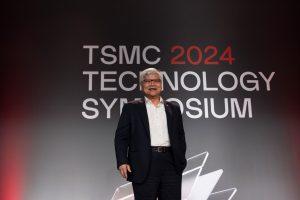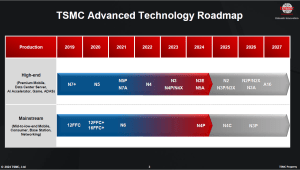Governments around the world keep subsidizing their respective domestic semiconductor industries, with the most recent announcements coming from China and South Korea. Meanwhile, artificial intelligence is accelerating human brain research, with Google spearheading this effort. But first, a few EDA-related updates.
Siemens’ IP quality assurance solution
Siemens Digital Industries Software has introduced Solido IP Validation Suite software, an automated signoff solution for quality assurance across all design intellectual property types, including standard cells, memories and IP blocks. The suite – which includes Siemens’ Solido Crosscheck software and Solido IPdelta software – aims to shorten the time-consuming task of validating IP across all its design views such as logical, physical, electrical, timing, and power analysis contexts. It also provides version-to-version IP qualification for more predictable full-chip IP integration cycles and faster time-to-market.
Siemens’ PyTorch-to-RTL solution for AI accelerator design
Siemens Digital Industries Software has announced Catapult AI NN software for High-Level Synthesis of neural network accelerators on ASICs and SoCs. Catapult AI NN starts with a neural network description from an AI framework such as TensorFlow, PyTorch or Keras, converts it into C++ and synthesizes it into an RTL accelerator in Verilog or VHDL for implementation in silicon. Catapult AI NN brings together hls4ml, an open-source package for machine learning hardware acceleration, and Siemens’ Catapult HLS software for High-Level Synthesis. Developed in close collaboration with Fermilab, a U.S. Department of Energy Laboratory, and other leading contributors to hls4ml, Catapult AI NN enables AI experts to develop PPA-optimized accelerators for different applications without requiring them to become ASIC designers.









